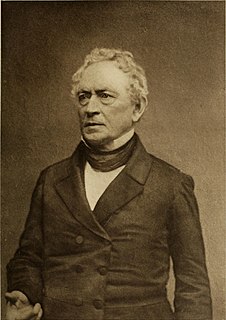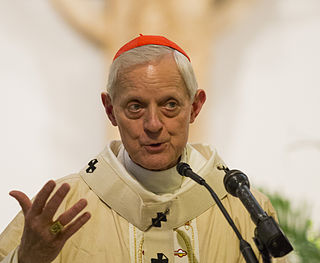A Quote by Tacitus
The principal office of history I take to be this: to prevent virtuous actions from being forgotten, and that evil words and deeds should fear an infamous reputation with posterity.
Related Quotes
It is better that great peoples should seek out glory, or even vanity, in their deeds, than that they should remain indifferent . For even if they are not incited to act upon virtuous principles, at least there is the saving grace that they will do things they might not have done had not vanity prompted their actions.
An earthly immortality belongs to a great and good character. History embalms it; it lives in its moral influence, in its authority, in its example, in the memory of the words and deeds in which it was manifested; and as every age adds to the illustrations of its efficacy, it may chance to be the best understood by a remote posterity.
It must not be supposed that happiness will demand many or great possessions; for self-sufficiency does not depend on excessive abundance, nor does moral conduct, and it is possible to perform noble deeds even without being ruler of land and sea: one can do virtuous acts with quite moderate resources. This may be clearly observed in experience: private citizens do not seem to be less but more given to doing virtuous actions than princes and potentates. It is sufficient then if moderate resources are forthcoming; for a life of virtuous activity will be essentially a happy life.
For, owners of their deeds (karma) are the beings, heirs of their deeds; their deeds are the womb from which they sprang; with their deeds they are bound up; their deeds are their refuge. Whatever deeds they do-good or evil-of such they will be the heirs. And wherever the beings spring into existence, there their deeds will ripen; and wherever their deeds ripen, there they will earn the fruits of those deeds, be it in this life, or be it in the next life, or be it in any other future life.
To scatter praise or blame without regard to justice is to destroy the distinction of good and evil. Many have no other test of actions than general opinion; and all are so far influenced by a sense of reputation that they are often restrained by fear of reproach, and excited by hope of honour, when other principles have lost their power.





































